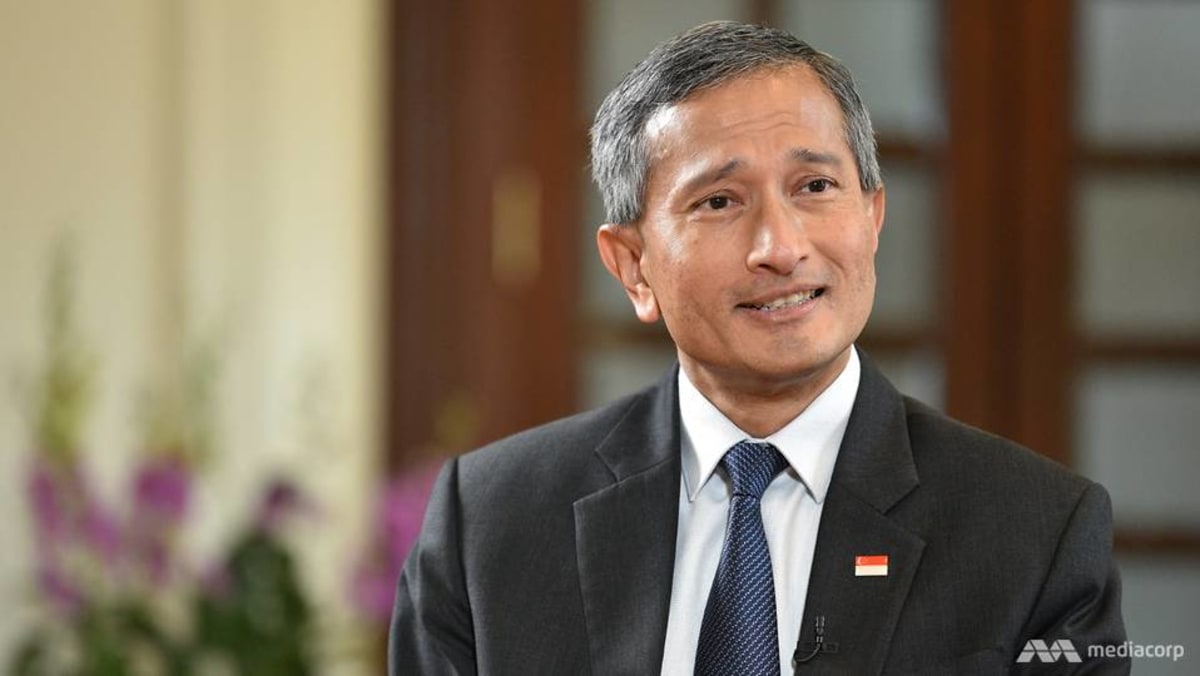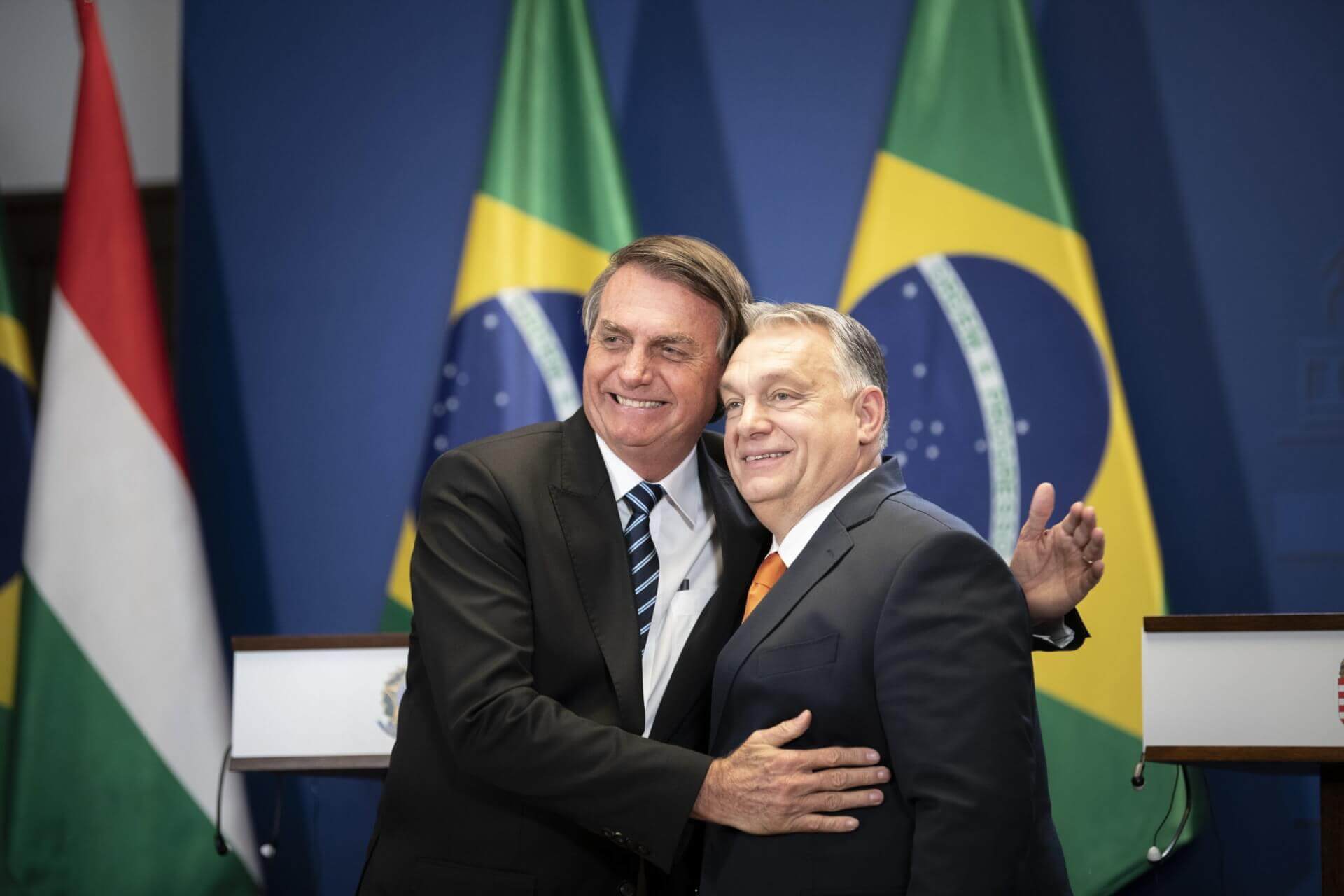South Asia
Chinese company Vanguard will develop a missile maintenance and repair hub in Bangladesh, China’s second-largest arms purchaser. The hub will also produce the FM-90 air defence missile and its variants. [Tribune India]
On Thursday, United States (US) Assistant Secretary of State for South and Central Asia Donald Lu said that India and the US discussed the ongoing crisis in Ukraine on the sidelines of the Quad meeting in Melbourne. He noted that the two countries held an “open and honest” discussion on the issue of the Russian invasion of Ukraine, which he said indicated their “close relationship.” [Hindustan Times]
Central Asia and the Caucasus
Eurasia’s regional organisation, the Commonwealth of Independent States (CIS), said that it plans to send observers to Turkmenistan to observe the presidential election in March. The CIS said it is confident of receiving an invitation from Ashgabat. [Turkmen Portal]
United States Ambassador to Azerbaijan Earle Litzenberger has hailed Azerbaijan’s role in ensuring Europe’s energy security. He praised the Southern Gas Corridor, which runs from Azerbaijan to Italy via Georgia, Turkey, and Albania, as being “strategically important” for its potential to “double its [Europe’s] current capacity” and help Europe diversify its energy sources. [Azer News]
East and Southeast Asia
Singaporean Foreign Minister Vivian Balakrishnan said on Thursday that the responsibility of achieving “national reconciliation and dialogue” in Myanmar ultimately lies with the junta, which he said must show “good faith and sincerity.” “If he (ASEAN special envoy to Myanmar) is not given access to the stakeholders, that severely constricts his role and actually makes it harder for resolution,” Balakrishnan reasoned. [The Straits Times]
“Spreading false information and creating a tense atmosphere won’t help solve the Ukraine crisis [...] advocating for group confrontation and wielding the sanctions stick will only add obstacles to dialogue and negotiation,” Chinese Foreign Ministry spokesperson Wang Wenbin said during his regular press conference yesterday when asked to comment on the United States hyping Ukraine’s potential invasion by Russia. Global Times]
Europe
On Wednesday, French President Emmanuel Macron spoke with his Chinese counterpart Xi Jinping and called for greater cooperation to support aerospace, civil nuclear, and space sectors projects. Additionally, Macron called for dialogue between the European Union and China to address outstanding issues and urged Xi to lift the sanctions placed on Lithuania. Macon further expressed concern over the situation in Xinjiang and discussed Iran nuclear deal and tensions at the Russia-Ukraine border. [Minister for Europe and Foreign Affairs, France]
British Home Secretary Priti Patel announced the scrapping of the Tier 1 Investor visa scheme, popularly known as the golden visa scheme, which allows foreign investors bringing in over £2 million to secure fast-track residence permits. The decision comes amid fear of illicit finance from countries with whom the United Kingdom has sour relations, such as Russia and China. [Politico]
On Thursday, Polish opposition leader Donald Tusk criticised President Andrzej Duda’s ruling Law and Justice party (PiS) for purchasing the Israeli-made Pegasus spyware, citing concerning reports from various international actors, including Amnesty and Apple. Tusk said PiS’s use of such technology is a “violation of democracy,” and called for criminal charges to be levelled against those responsible. [The First News]
Latin America and the Caribbean
On Thursday, Ecuador’s National Assembly approved regulations that allow women and girls to access abortion services in cases of rape, with 75 votes in favour, 41 against, and 14 abstentions. However, conservative President Guillermo Lasso can still prevent the rules from becoming law. In the past, Lasso has said that while he does not personally support abortion, he will allow lawmakers to determine the course. [Reuters]
Following his trip to Moscow, Brazilian President Jair Bolsonaro travelled to Budapest, where he met with his Hungarian counterpart, Viktor Orbán. The two right-wing, populist leaders found much common ground on topics such as migration, Christianity, and family values. The Hungarian leader said they have the “same approach” to the most pressing challenges and that they had agreed to establish an “early warning system” to detect and oppose any international agreements that enable migration, noting that the pair “do not want the world to change as a result of migration.” [Associated Press]

Middle East and North Africa (MENA)
Kuwait’s constitutional court has overturned a controversial law that has been used to criminalise transgender people by outlawing the “imitation of the opposite sex.” The ruling was praised by activists and human rights groups, who called it a “major breakthrough” for the rights of transgender people in the region. [Associated Press]
Former Iranian President Mahmoud Ahmadinejad has offered his support to Canada’s ongoing Freedom Convoy protests against vaccine mandates. Ahmadinejad tweeted on Thursday that the Canadian government’s crackdown on the protesters had “nothing to do with freedom of speech and human rights” and indicated that it was against liberty and freedom of choice. [Jerusalem Post]
North America
Lawmakers from the United States’ (US) Senate on Thursday passed a non-binding resolution officially issuing support for Ukraine and denouncing Russia’s troop build-up at the Ukraine border. The senators failed to reach a consensus on a larger resolution that included arms for Ukraine and sanctions on Russia. However, much of the military assistance to Ukraine was already approved in the $768 billion defence bill passed in December. [Politico]
On Thursday, police in Ottawa began arresting demonstrators from the trucker-led ‘Freedom Convoy’ that has been protesting the government’s COVID-19 policy and vaccine mandate in Canada’s capital. Tamara Lich and Chris Barber, two key organisers, were taken into custody. Ottawa’s interim police chief, Steve Bell, urged protesters to leave the city’s downtown area, adding that the city’s police have been reinforced with forces from Ontario and Quebec, as well as the federal police. [CTV News]
Oceania
On Thursday, Australian Prime Minister (PM) Scott Morrison virtually met Timor-Leste PM Taur Matan Ruak to mark twenty years of diplomatic relations. The leaders reaffirmed the importance of their bilateral relationship and vowed to cooperate across several sectors, including post-pandemic economic recovery, health, and infrastructure. PM Ruak thanked Morrison for Australia’s comprehensive support during the COVID-19 pandemic, including vaccine delivery. [Prime Minister of Australia]
On Friday, New Zealand’s Minister for Pacific Peoples, Aupito William Sio, announced quarantine-free travel for people from Nauru, Tuvalu, and American Samoa from February 27. The announcement is a part of the government’s phased border reopening. Sio said, “Extending this to Nauru, Tuvalu, and American Samoa is an important step in further reconnecting with our Pacific whānau, bringing significant social and economic benefits and reflecting the importance of links across our region.” [Stuff]
Sub-Saharan Africa
Despite formally announcing the withdrawal of French troops from Mali, President Emmanuel Macron insisted that this does not signify that the counterterrorism operation had failed. He argued that if France had not answered Mali’s call in 2013, the situation today would have been much worse. Nevertheless, Macron said that it is important that troop withdrawal, which will take another four to six months, does not mirror what took place in Afghanistan last year. [RFI]
Indian High Commissioner to Mozambique Ankan Banerjee signed a memorandum of understanding worth $10 million with the Mozambican government. The funding will be directed towards building a drinking water supply program in the Mueda district of the Cabo Delgado province. The northern province has become overrun with terrorists in recent years and has resulted in the displacement of hundreds of thousands of people. [Afrik 21]

